The Power of Connection: Exploring the Strengths of Using Social Media in Healthcare
Contributors:
Amol Ghemud
Published: February 23, 2024
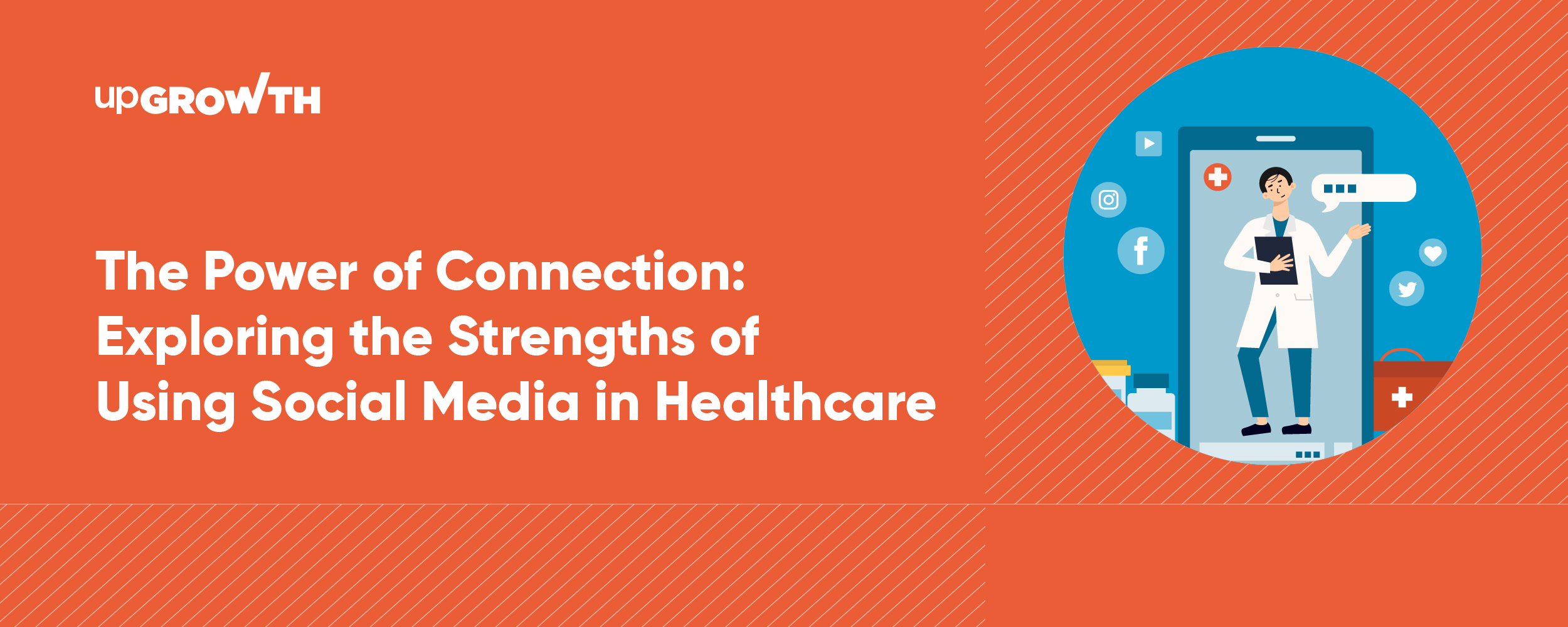
Forget dial-up tones and waiting rooms crammed with dog-eared magazines – the healthcare landscape has shifted. Welcome to the digital age, where healthcare providers and patients connect not just in sterile clinics but in the vibrant, dynamic realm of social media.
Think of it as a virtual agora, buzzing with information, support, and the potential to revolutionize how we understand and manage health. Today, we delve into the strengths of this burgeoning connection, exploring how social media empowers healthcare with a touch of digital magic.
1. Patient Engagement: Beyond the Waiting Room Walls
Gone are the days of one-way communication. Social media platforms like Twitter, Facebook, and Instagram dismantle the physical barriers, fostering direct dialogue between healthcare providers and patients.
Imagine a world where you can ask your doctor a quick question about your medication via a Facebook message, or get real-time updates on your test results through a secure patient portal.
The possibilities are endless, and the impact profound. Take, for instance, #AsktheDoc Twitter chats, where patients fire questions at medical professionals in real-time, fostering an open and informative dialogue.
Or consider the power of support groups on Facebook, where individuals with similar conditions connect, share experiences, and find solace in a virtual community. Social media bridges the gap between sterile consultations and ongoing, personalized care, empowering patients to become active participants in their health journey.
2. Education and Awareness: Amplifying the Voice of Health
Remember the days of sifting through endless medical jargon in dusty textbooks? Social media cuts through the noise, democratizing access to reliable health information.
Imagine educational explainer videos on YouTube, debunking medical myths and promoting healthy habits. Consider interactive quizzes on Instagram, testing your knowledge on common illnesses.
The potential for education and awareness is boundless. Public health campaigns can leverage social media’s reach to educate communities about disease prevention, while healthcare providers can share informative content on specific conditions, reaching a wider audience than ever before.
Think of it as a megaphone for health education, amplifying the voices of trusted professionals and empowering individuals to make informed decisions about their well-being.
3. Building Trust and Credibility: From Pixels to Partnerships
In the digital age, trust is currency. And social media, when wielded thoughtfully, can be a powerful tool for building trust between healthcare providers and patients. A robust social media presence allows providers to showcase their expertise, share patient success stories, and engage in transparent communication.
Imagine a hospital Facebook page featuring live Q&A sessions with specialists, or a doctor’s Twitter feed filled with informative threads on managing chronic conditions.
These seemingly small interactions go a long way in humanizing healthcare, fostering a sense of connection and trust that transcends the anonymity of traditional healthcare systems.
4. The Power of Connection: A Look Forward
Social media in healthcare is not a fad, but a transformative force reshaping the way we interact with, understand, and manage our health. It’s a two-way street, fostering engagement, education, and trust, all within the vibrant tapestry of online communities.
As technology evolves, so too will the potential of social media in healthcare. The future holds exciting possibilities, from AI-powered chatbots providing personalized health advice to virtual reality simulations aiding in medical training.
5. Leveraging Social Influencers: The Amplified Voice of Health Advocacy
In the digital age, influence carries weight, and healthcare is no exception. Social media influencers – from doctors and nurses to health and wellness advocates – hold the power to shape public perception and drive health-related conversations.
Imagine a fitness blogger promoting healthy eating habits on Instagram, or a medical student debunking health myths on TikTok.
Strategic partnerships with relevant influencers can amplify your message, reaching new audiences and building trust through relatable voices.
Think of it as borrowing the megaphone of trusted figures, their experiences resonating deeply with their established communities. However, caution is key. Partnering with the right influencers, ensuring transparency and ethical collaboration, is crucial to maintain the integrity of your message and the trust you strive to build.
6. Addressing Concerns and Privacy Issues: Navigating the Ethical Landscape
The potential of social media in healthcare is undeniable, but concerns regarding patient privacy are paramount. Sharing personal health information online is a sensitive topic, and rightfully so. At upGrowth, we prioritize ethical and responsible marketing practices, employing robust data security measures and adhering to all relevant privacy regulations.
Transparency is key. Communicate your data collection and usage policies, and empower patients to control their information sharing. Remember, building trust goes hand-in-hand with respecting privacy.
Consider successful healthcare campaigns prioritizing privacy, like the #MyDataMyHealth movement advocating for individual control over health data. These campaigns demonstrate that powerful social media strategies can coexist with ethical data practices.
7. Measuring Impact and Analytics: Beyond Likes and Shares
Social media is not just about vanity metrics like likes and shares. To truly gauge the effectiveness of your campaigns, delve into the world of analytics.
UpGrowth integrates sophisticated analytics tools into our healthcare marketing strategies, allowing us to track key performance indicators (KPIs) like website traffic, engagement rates, and sentiment analysis.
These insights are invaluable, enabling us to refine your message, identify what resonates with your audience, and maximize the impact of your social media efforts.
Imagine measuring the reach of your educational video campaign or tracking the positive sentiment generated by your patient success stories. This data-driven approach ensures your social media presence translates into tangible results, contributing to your overall healthcare marketing goals.
Conclusion: Connection is the Cure
The strengths of using social media in healthcare are undeniable. From fostering patient engagement and amplifying educational voices to building trust and leveraging influencer collaborations, this digital landscape presents a wealth of opportunities to connect with your audience on a deeper level.
Remember, social media is not just a marketing tool; it’s a powerful platform for forging meaningful connections in the healthcare space. Let upGrowth be your guide on this journey.
Our expertise in ethical data practices, combined with a keen understanding of the healthcare industry, allows us to craft impactful social media strategies that resonate with your audience and build trust, while always prioritizing patient privacy.
FAQs
- What are the main strengths of using social media in healthcare?
- Enhanced patient engagement: Direct communication, support groups, educational content.
- Amplified education and awareness: Public health campaigns, influencer partnerships, reliable information sharing.
- Building trust and credibility: Transparent communication, showcasing expertise, personalized interactions.
- Leveraging social influence: Partnering with healthcare advocates, reaching wider audiences.
- Facilitating community engagement: Building support networks, fostering dialogue on health topics.
2. How does social media improve patient-provider communication?
- Direct messaging: Allows for quick questions, appointment reminders, and personalized support.
- Live Q&As: Offer real-time interaction with healthcare professionals, fostering trust and transparency.
- Educational content: Share informative videos, articles, and graphics on various health topics.
3. What role does social media play in patient education and awareness?
- Disseminating accurate information: Combats misinformation and empowers individuals to make informed decisions.
- Raising awareness about health issues: Promotes preventive care, early detection, and healthy lifestyle choices.
- Accessibility: Provides educational resources to diverse audiences, regardless of location or socioeconomic status.
4. How can healthcare providers leverage social media for community engagement?
- Creating support groups: Offer a safe space for patients to connect, share experiences, and find solace.
- Hosting live events: Organize virtual discussions, webinars, and Q&As with healthcare professionals.
- Encouraging patient stories: Showcase positive outcomes, build trust, and inspire others.
5. What are some successful examples of social media use in healthcare settings?
- #AsktheDoc Twitter chats: Connect patients with doctors for real-time medical advice.
- The Mayo Clinic Facebook page: Provides reliable health information and educational resources.
- The American Cancer Society Instagram campaign: Raises awareness about early detection and prevention.
6. How does social media facilitate peer support and patient communities?
- Support groups: Connect individuals with similar conditions for shared experiences and emotional support.
- Online forums: Provide a platform for discussions, advice exchange, and resource sharing.
- Social media groups: Foster a sense of belonging, reduce isolation, and empower patients to advocate for themselves.
7. What are the challenges and risks of using social media in healthcare?
- Patient privacy concerns: Ensure data security, obtain informed consent, and prioritize ethical practices.
- Misinformation and fake news: Combat misinformation with reliable sources and fact-checking initiatives.
- Negative online reviews: Develop reputation management strategies and address concerns promptly and transparently.
8. How can healthcare providers maintain patient privacy and confidentiality on social media?
- Comply with HIPAA and other privacy regulations.
- Obtain patient consent before sharing any personal information.
- Use secure messaging platforms and data encryption.
- Train staff on social media best practices and ethical guidelines.
Read More:
Email Marketing Growth Hacks Complete Guide
Healthcare Marketing Ethics: Navigating the Do’s and Don’ts
Navigating Market Failures in Healthcare: Innovative Solutions with upGrowth
Digital Marketing in Healthcare: Bridging the Gap between Healthcare Providers and Patients
Content Marketing for Health Care Providers: Best Practices
Benefits of Inbound Marketing for Healthcare industry
About the Author
Optimizer in Chief
Amol has helped catalyse business growth with his strategic & data-driven methodologies. With a decade of experience in the field of marketing, he has donned multiple hats, from channel optimization, data analytics and creative brand positioning to growth engineering and sales.
 Digital Marketing Bootcamp
Digital Marketing Bootcamp Go-To-Market Strategy
Go-To-Market Strategy Growth Hacking
Growth Hacking Family Owned Business
Family Owned Business Organic Growth
Organic Growth Paid Growth
Paid Growth Inbound Growth
Inbound Growth Social Growth
Social Growth

 Case Study
Case Study Tools
Tools Custom GPT's
Custom GPT's Guides
Guides






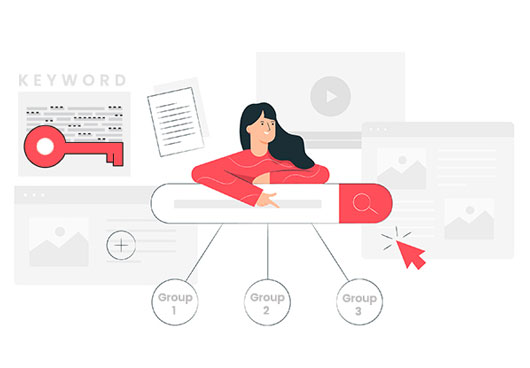
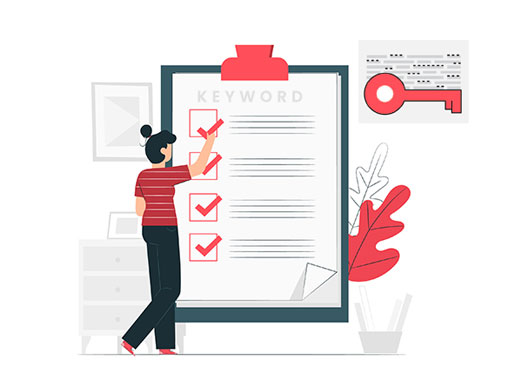


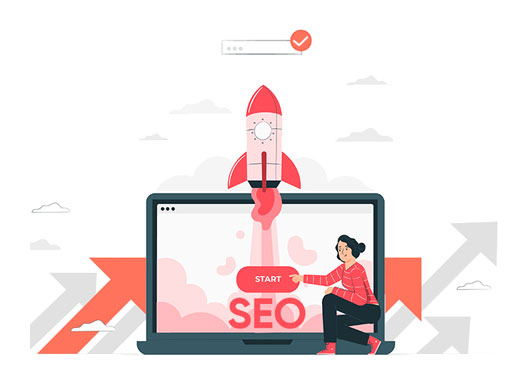
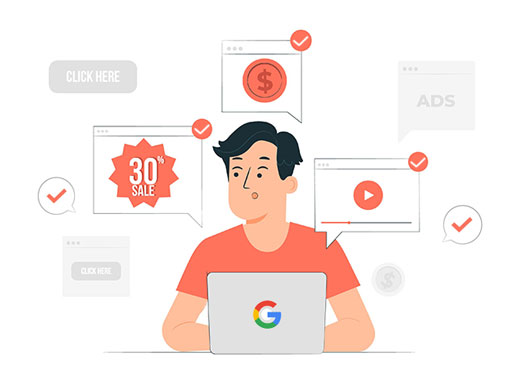
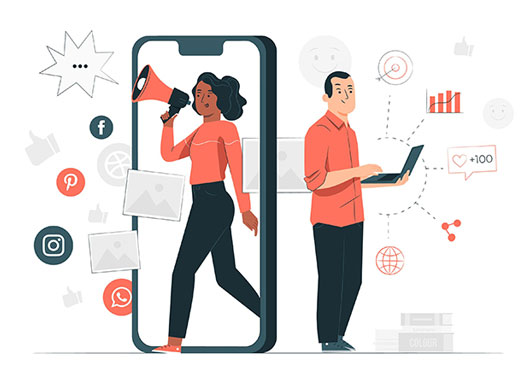

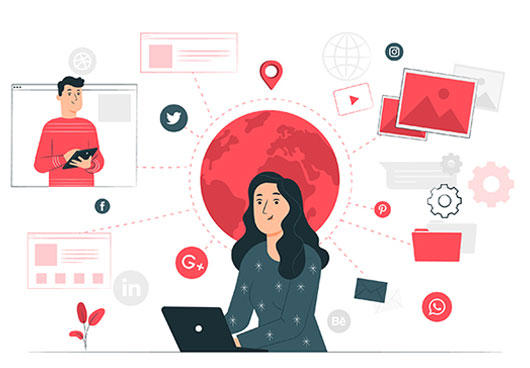
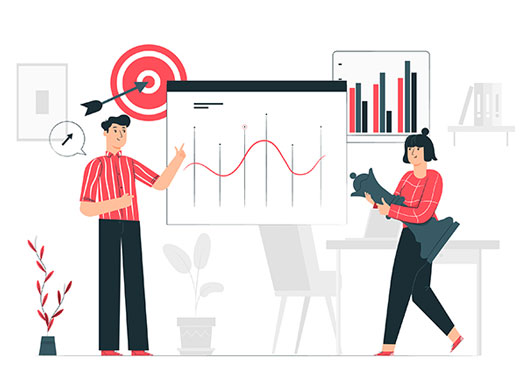
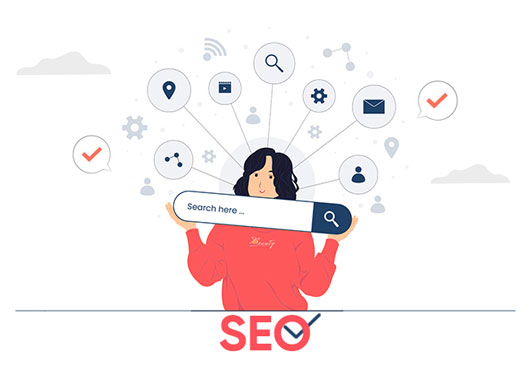
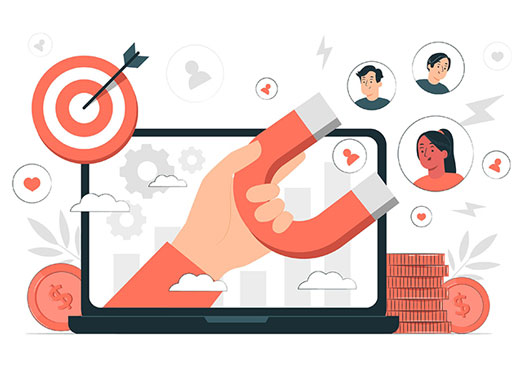

Leave a Reply